Call of Duty campaigns are always somewhat ridiculous and are rarely profound, but in those moments where they touch a nerve, that effect lingers. Call of Duty 4: Modern Warfare had the nuke drop; the original Modern Warfare 2 had “No Russian”; the 2019 reboot of the MW franchise had the house-clearing mission. These standout moments defined the stakes and set the tone for the campaign to come.
In comparison, 2022’s Modern Warfare II fails to live up to any of the series’ previous successes, choosing instead to chase past glories with wonky writing, gameplay that feels five years old, and nothing to grasp beyond “there are bad men doing bad things. Make them no longer alive.”
Related: Call of Duty: Modern Warfare 2’s multiplayer aggressively amplifies the meaning of a ‘modern’ game

Call of Duty games have always been informed by the politics of their day, with varying degrees of success. But rather than add any meaningful setup or character work, Modern Warfare II opens with a missile strike on what we are to assume is a powerful terrorist target. The rest of the game is spent chasing the man who took said target’s place: Hassan Zyani of the Iranian Quds Force.
Like previous series villains such as Makarov and Zakhaev, Hassan is always one step ahead of our protagonists; his story unravels over the game’s runtime, and he, inevitably and obviously, will be the last foe we have to face. In typical Call of Duty fashion, Hassan isn’t present for the first hour or two of the campaign. Instead, we get some build-up to his plans: something involving American-made missiles being used against their makers.

Related: How long does the Call of Duty: Modern Warfare 2 campaign take to beat? Full mission list
For the next six hours, our “heroes” — Captain Price, Gaz, Ghost, Alejandro Vargas, and Kate Laswell — and their support team chase one lead after another, trying to get ahead of Hassan. The first few missions make relative sense. From the missile strike, not uncommon in today’s climate, to the first move to capture Hassan in his home territory, nothing here is out of the ordinary for Call of Duty. Hold down a position, do some counter-sniping, clear buildings, and find MacGuffin missile number one. There’s then some stealth gameplay at a dock that is somewhat entertaining but nothing groundbreaking.
Once Alejandro and his Los Vaqueros crew join in, everything starts to fall apart, though this is no fault of the performers. The game descends quickly into dealing in the politically-charged territory, and not with any subtlety. You follow Hassan over the steel slats present at the U.S.-Mexico border, a process made easy by way of a ladder and using desperate migrants as a smokescreen. From there, your foreign military operatives “deescalate” rightly suspicious American civilians by pointing your gun at them and end the mission by having an extended firefight in a house that’s eventually set ablaze. That doesn’t account for the RPG exchange earlier in the final section.
From the border-adjacent suburb, the campaign moves into the fictional, cartel-controlled city of Las Almas, where things get even more ridiculous. After failing again to capture Hassan, the team proceeds to take on a small contingent of the Mexican army. When Ghost rightly balks at the thought of fighting a foreign country’s military, the game (via Alejandro) waves it off by blaming the cartels’ control over said army — a flimsy justification at best.

If fighting an actual military force outside of your jurisdiction is flimsy, Modern Warfare II shatters the rest of the suspension of disbelief by putting you in control of an AC-130 owned by Shadow Company, the personal PMC of General Shepard (yes, he’s back too). The mission could have easily been pulled from Call of Duty 4 or 2009’s Modern Warfare 2 were it not for the destructible buildings and slightly higher focus on not taking out civilian targets. There’s also the fact this AC-130 isn’t nearly as satisfying to use as the games from more than a decade ago, having none of the enjoyable punch to their sound design or feedback.
Had the story been better crafted leading to this point, the franchise’s umteenth aerial support mission would have been fine. But all the narrative gymnastics we’ve seen so far and the rehashed gameplay make it a chore. Thankfully, not long after, the game shows a few blips of brilliance. To discover where Hassan is moving the missiles, you seek out a character called El Sin Nombre, the cartel leader orchestrating the movement of Hassan’s materials. Like Hassan, the cartel leader has the team chasing carrots on a string and is enjoying every minute of it.
The level where you meet them is also one of the highlights, with a tense interrogation scene and Hitman-esque stealth as you look for a way to capture the leader for questioning. The level design isn’t on the same level as pure stealth games, but there’s tension; the game reacts to your choices, and the small twist at the mission’s end is a welcome uptick in the quality of the writing.
Sadly, once you get beyond the cartel headquarters, whatever twigs were left to hold up the story snap. Every character acts the way you expect them to; the villains are exactly who you expect them to be, and whatever good ideas the game has gone out the window in favor of chasing trends half a decade old.

In the mission “Alone,” the light stealth elements are expanded to include the crafting of traps, Molotov cocktails, and other means of getting past a city area filled with hostile guards. In the also obligatory sniping mission, you don’t have to wait for Price to tell you what to do, and there are some alternate ways to complete each section, but your choices all lead to the same outcome.
And while these missions offer more variety to the Modern Warfare formula, none innovate in any meaningful way. “Alone” uses essentially the same stealth with crafting structure as an old Far Cry game, and despite its best efforts, the sniping mission pales in comparison to “All Ghillied Up” from 2007. Call of Duty 4’s version is an exercise in character building and a massive tonal shift that still establishes the stakes and expands the world-building. Modern Warfare II’s mission does little to expand on the game’s characters, is about two times too long, and is one more slow-paced stealth-focused slog in a long line of them.
By the end of the MWII campaign, rather than feeling like I had been forced to accept something unseemly about the world or had the enjoyment of an adrenaline high, I was simply bored. Every moment that could have made for something grander received no additional payoff. None of the collateral damage or political consequences from your actions got even a second of recognition. For all the game’s talk of “No One Fights Alone,” I spent most of the campaign doing almost all the work myself.
Had the plot been less predictable or the characters more relatable, I might have forgiven the retreaded gameplay. The opposite is also true. No one comes to Call of Duty looking for The Last of Us Part II or God of War Ragnarok. These games are escapism of the highest order. Still, Modern Warfare II tries to have its cake and eat it by offering a globetrotting adventure peppered with moments of extreme gravity, themselves hamstrung by mechanics no one asked for or has wanted for years. In the end, the only reason to play the campaign this time is the unlocks for multiplayer, and those will soon be devoured by the monster that is Warzone.


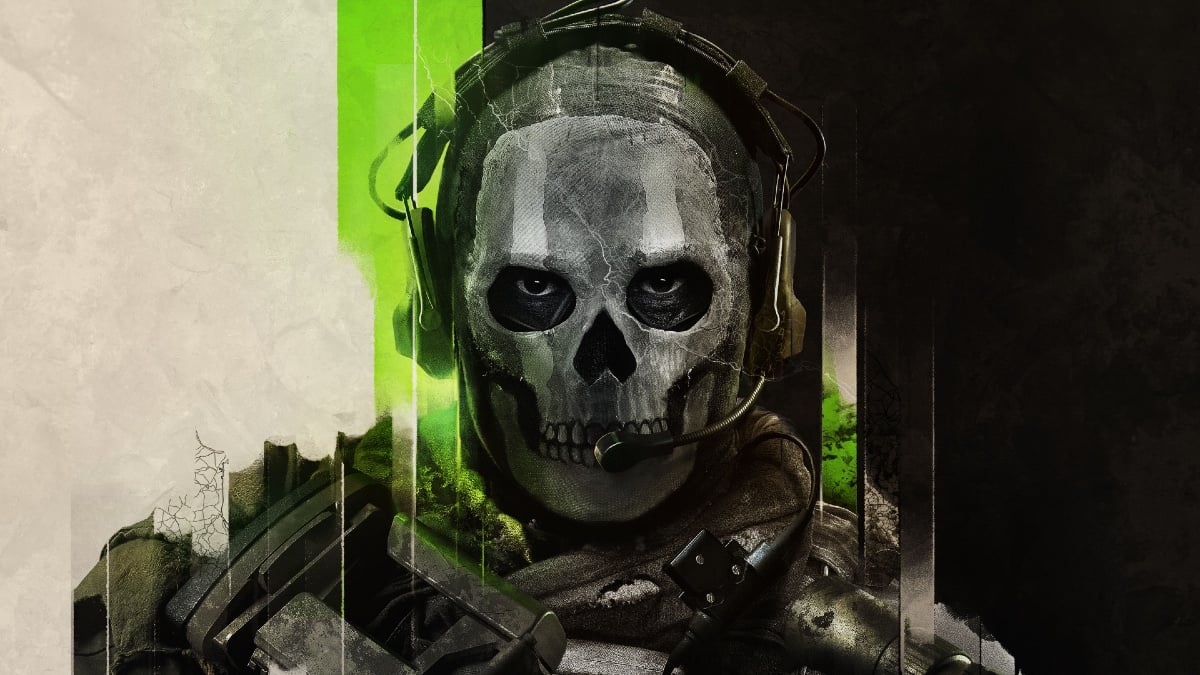
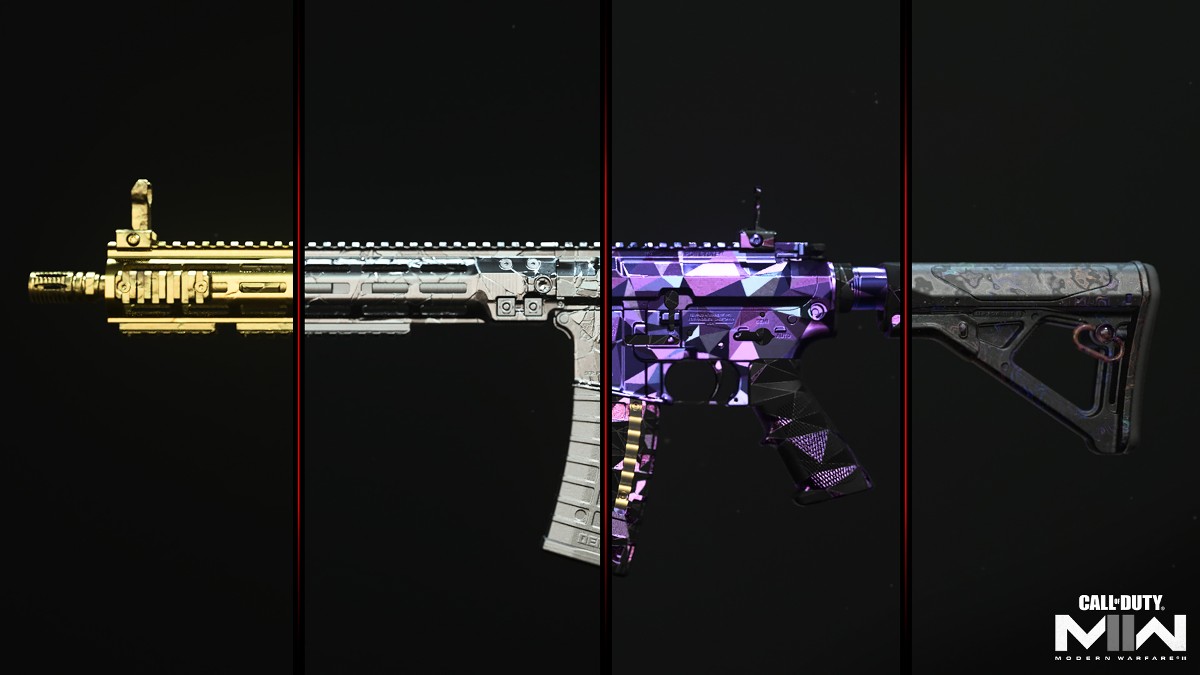
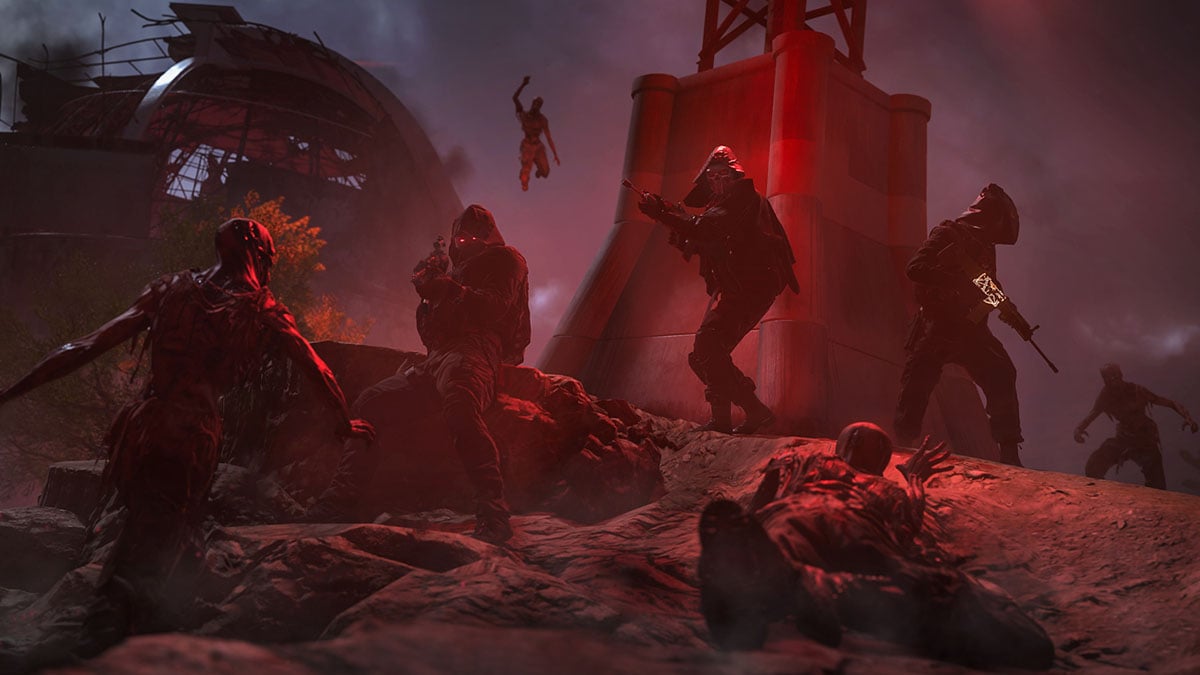
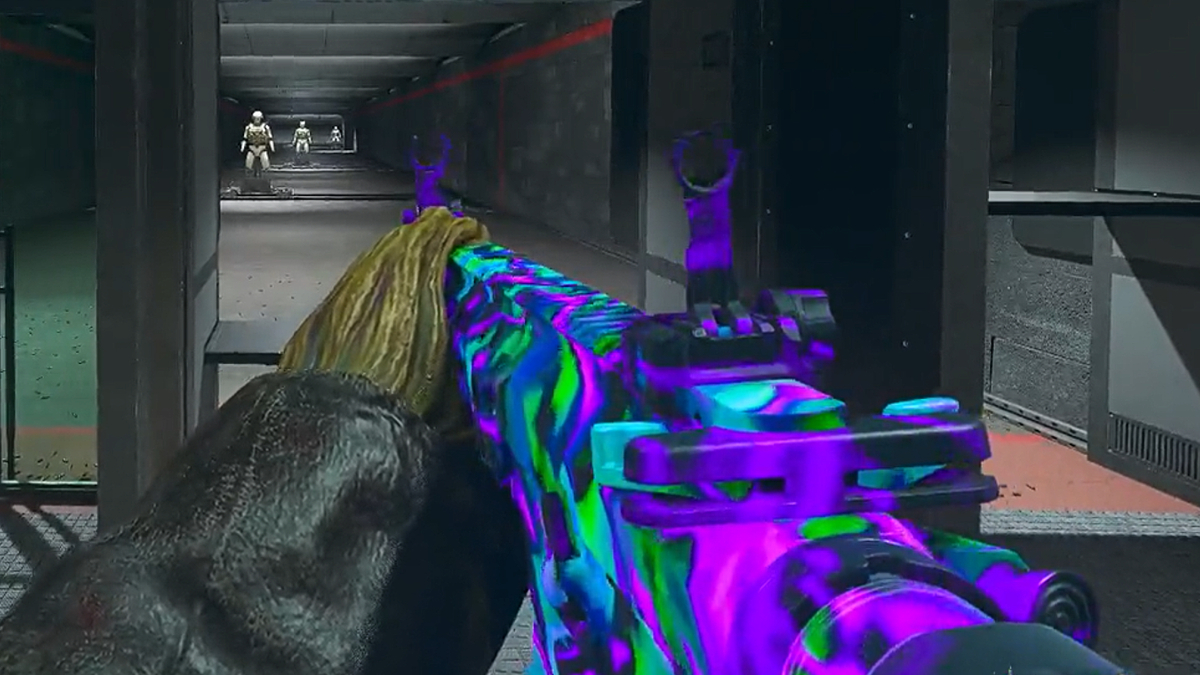
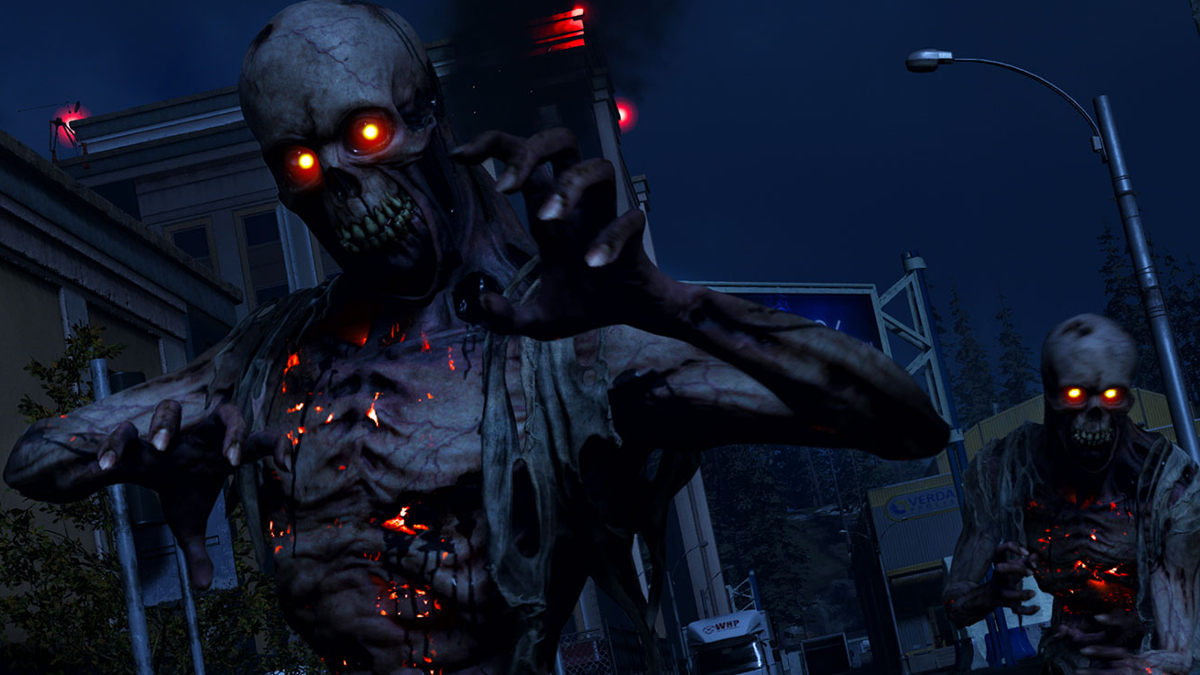
Published: Nov 5, 2022 02:27 pm